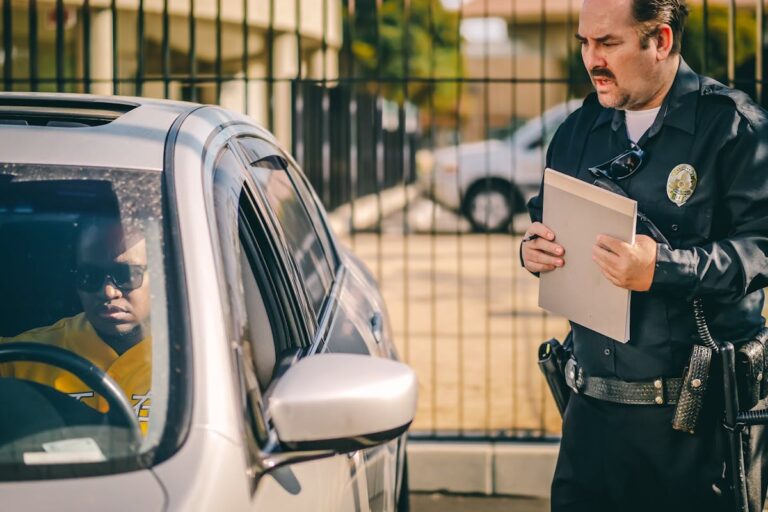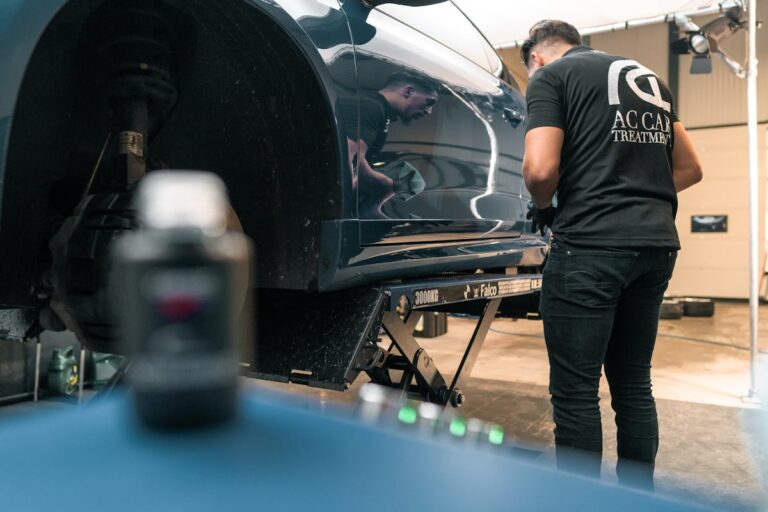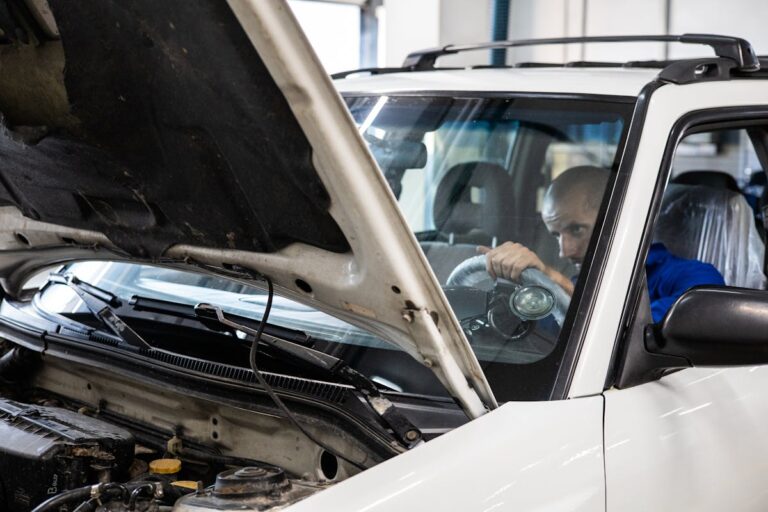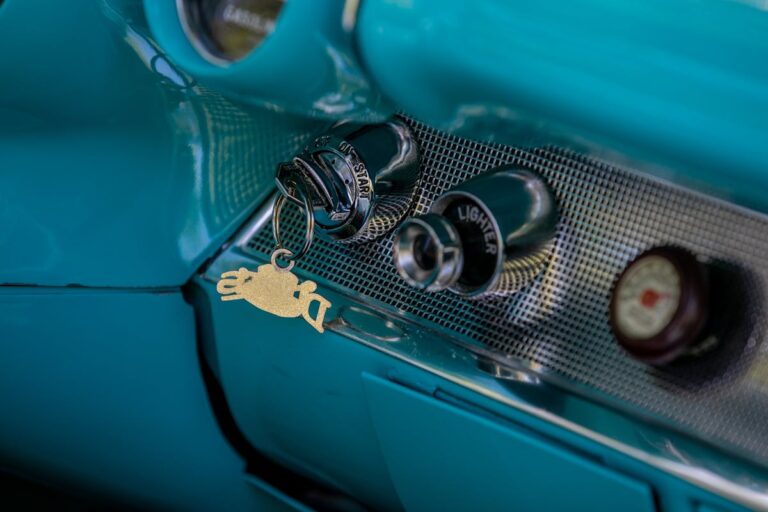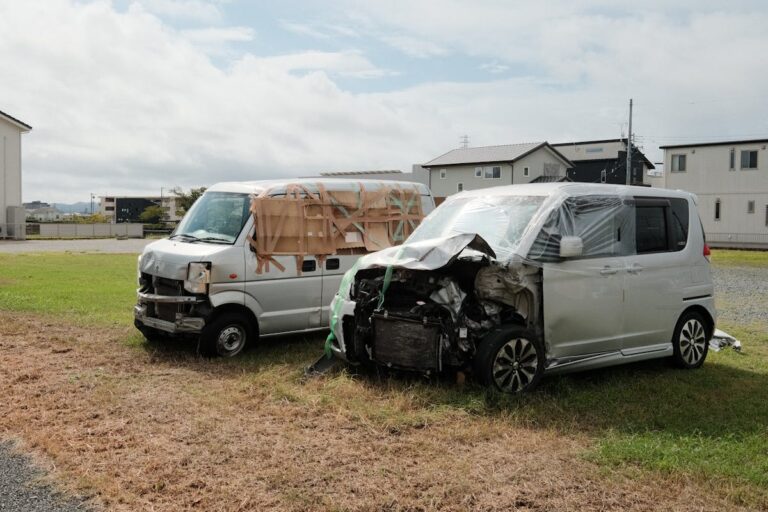Maneuvering the labyrinthine process of retrieving a towed vehicle post-accident can be intimidating, especially when you’re reeling from the impact of the accident. The steps encompass understanding local towing laws, locating your vehicle, documenting its condition, and liaising with both insurance and towing companies. An awareness of your rights and responsibilities can greatly reduce the stress and financial implications of this process. In the upcoming discussion, we will explore these critical steps in detail, empowering you with the knowledge to handle a towed vehicle effectively after an accident.
Understanding Towing Laws
Although it may seem overwhelming, understanding towing laws is a crucial first step when dealing with a towed vehicle after an accident. Towing regulations vary from one jurisdiction to another, therefore it is imperative to become familiar with the laws in your specific area.
Furthermore, vehicle recovery can often be a complex process. It is important to remember that not all tows are the same, and understanding the differences can greatly impact the recovery process. Mainly, there are two types of tows—consensual and non-consensual. Consensual tows are typically straightforward, while non-consensual tows may require a deeper understanding of the law.
Towing regulations also dictate the rights of vehicle owners. For instance, many jurisdictions have laws that protect the owner’s right to retrieve personal items from the towed vehicle. In addition, the towing company is often required to provide information about the vehicle’s location, tow charges and the procedure to recover the vehicle.
Understanding these regulations can alleviate some of the stress associated with a towed vehicle, and arm the vehicle owner with the necessary knowledge to navigate the vehicle recovery process efficiently and effectively.
Locating Your Towed Vehicle
Once your vehicle has been towed following an accident, locating it becomes the immediate priority. This process can be facilitated by finding the towing company that has your vehicle and using GPS navigation to reach its location.
There are several steps to simplify the process:
- Contact the traffic department or local police: If your vehicle was towed due to an accident, the police would have the information about the towing company.
- Check with your insurance company: They may have a list of authorized towing companies and can help in identifying which one has your vehicle.
- Use online resources: There are online platforms that provide information about towed vehicles based on license plate numbers.
- Use GPS navigation: Once you have the address of the towing company, use GPS navigation to reach the destination.
- Visit the towing company’s yard: It is the most direct way of locating your vehicle.
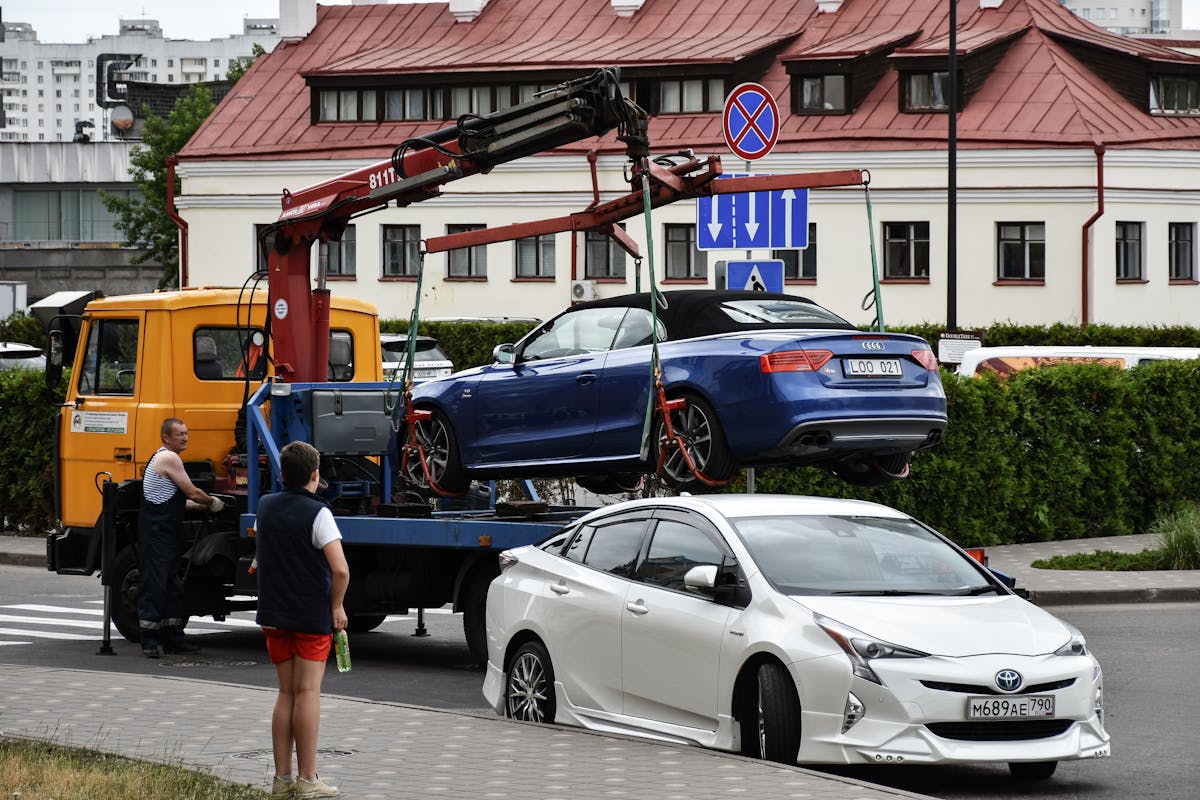
Documenting Vehicle’s Condition
Upon locating your towed vehicle, it becomes essential to meticulously document its condition. This critical step will aid in creating an accurate accident damage assessment, which is fundamental for insurance purposes, potential recovery claims, and future repairs.
To begin with, perform a thorough exterior examination. Document any visible damage such as dents, scratches, and shattered glass. Pay close attention to the undercarriage and tires, as these areas may have sustained damage during the towing process. Make use of vehicle inspection tips to guarantee you do not miss any areas.
Next, inspect the interior. Check the dashboard for any warning lights, the vehicle’s electronics, seats, and safety belts. Remember, even if the damage isn’t immediately visible, it could still pose a safety risk.
Photograph the vehicle from various angles, capturing clear shots of the damaged areas. This forms a visual record complementing your written documentation.
Lastly, consider seeking the assistance of a professional to conduct a meticulous inspection, especially if the vehicle’s condition seems to have substantially deteriorated. They possess the requisite skills to identify issues that may not be apparent to the untrained eye. Keeping these guidelines in mind will guarantee a thorough damage assessment, setting a clear path for the subsequent stages of the process.
Communicating With Insurance Companies
Maneuvering through the complexities of insurance claims after an accident can be intimidating. It’s an intricate process that requires careful attention to detail. The first step is contacting your insurance company to initiate the claim. It’s essential to provide a thorough accident report and all related documents.
During these interactions, keep in mind the following:
- Be prompt: Notify your insurer as soon as possible after the accident. Speed is vital in handling insurance claims.
- Be clear: Provide a detailed account of the accident. Hazy or incomplete information could cause delays.
- Be patient: Insurance claims can take time to process. Maintain regular communication with your insurer.
- Be organized: Keep all documents related to your claim (including the accident report) in a safe and accessible place.
- Be proactive: Follow up on your claim regularly. Don’t just wait for the insurer to update you.
From initiating the insurance claim to the final settlement, communication with your insurance company should be open, honest, and frequent. Handling it well can ease the stress of the aftermath of an accident, moving you one step closer to retrieving your vehicle.
Retrieving Personal Belongings
In the aftermath of an accident, the retrieval of personal belongings from a towed vehicle often becomes an immediate priority. Personal item safety and valuable retrieval are two key aspects to take into account during this process. It is essential to approach this task with a clear and organized strategy to guarantee nothing is overlooked or inadvertently damaged.
Firstly, it is advisable to make an extensive list of items in the vehicle prior to retrieval. This guarantees an efficient, thorough search, reducing the risk of leaving any items behind. Additionally, it is important to understand the policies of the towing company regarding personal item retrieval. Some companies may have specific guidelines or restrictions in place.
Valuable retrieval often requires a more meticulous approach. Items of significant worth, whether monetary or sentimental, should be handled with utmost care and discretion. In some cases, it may be advisable to involve the police or other authorities, especially if the accident involved a crime or if there are disputes about ownership of the items.
Paying Towing and Storage Fees
After addressing the process of retrieving personal belongings from a towed vehicle, we now turn our attention to the financial aspects, specifically, the payment of towing and storage fees. It is essential to comprehend the structure of towing charges to guarantee you are not overcharged. In addition, we will discuss strategies for negotiating storage fees, which can accumulate quickly if not addressed promptly.
Understanding Towing Charges
A thorough comprehension of towing charges becomes vital when your vehicle gets towed after an accident. Understanding the specifics of these charges can help you avoid unnecessary costs and potential towing disputes. Towing charges are primarily regulated by state and local laws and can vary widely. Consequently, being aware of the relevant towing regulations in your area is essential.
To guarantee that you are not overcharged, consider the following:
- Learn about your local towing regulations: Information about maximum allowable towing charges and additional fees can usually be found online.
- Request an itemized invoice: This will help you understand exactly what you are being charged for.
- Check for hidden fees: Some companies may include additional charges that aren’t clearly stated.
- Ask about payment methods: Some tow companies may only accept certain forms of payment.
- Document everything: Keep a record of all interactions and transactions for reference in case of a dispute.
Understanding towing charges can be complex, but it’s an important part of managing the aftermath of a vehicle accident. Being well-informed can save you from unnecessary financial stress and potential legal complications.
Negotiating Storage Fees
Maneuvering the labyrinth of storage fees following a vehicle towing can be an intimidating task, particularly if you’re unfamiliar with the process. These charges often accumulate daily, creating an urgent need to retrieve your vehicle as quickly as possible. However, there are negotiating tactics that can be used to manage these costs effectively.
Firstly, familiarize yourself with local regulations regarding maximum allowable storage fees. Some jurisdictions have laws to prevent excessive charging. In addition, engage with the towing company directly. Open communication can lead to understanding and potential fee reductions. Present your case logically and professionally, highlighting the circumstances of your accident, your efforts to retrieve the vehicle promptly, and any financial constraints you may be facing.
When negotiating, be respectful and persistent but avoid confrontation. Remember, the goal is to secure a reduction in your fees, not to alienate those who have control over them. If direct negotiation fails, consider seeking advice from a professional mediator or legal counsel.
Disputing Improper Towing Procedures
Maneuvering the world of post-accident procedures can be tricky, especially when it comes to the matter of your towed vehicle. It is crucial to be aware of your towing rights and the procedures that towing companies should follow.
In some instances, your vehicle may be towed improperly due to reasons such as unclear or improper signage. In such a scenario, it is critical to know how to dispute these procedures effectively.
Consider the following steps to dispute improper towing procedures:
- Familiarize yourself with local and state towing laws. These laws vary widely, but they establish your basic towing rights.
- Document the scene. Photos of the location and signage can provide valuable evidence of improper towing.
- Gather witnesses. If other people saw the incident, their statements could help your case.
- Consult a lawyer. They can guide you on the best course of action based on your situation and the local laws.
- File a complaint. If you believe your vehicle was wrongly towed due to improper signage or other violations, lodge a complaint with the appropriate authority.
Understanding your rights and the towing procedures will help you navigate through this challenging situation with confidence and ease.
Frequently Asked Questions
What Should I Do if My Vehicle Is Damaged During the Towing Process?
If your towed vehicle incurs damage, conduct a thorough damage assessment. Document all visible damage with photos, report it immediately to the towing service, and consult with your insurance provider for potential compensation claims.
Can I Choose the Towing Company After an Accident?
Yes, you can typically express your towing preferences following an accident. However, accident procedures vary by location and circumstance, so it’s important to understand local regulations and your insurance policy’s stipulations.
How Can I Prevent Getting My Vehicle Towed After an Accident?
Preventive measures to avoid towing post-accident include driving safely and maintaining your vehicle properly. In case of an accident, having roadside assistance or a preferred towing company can expedite the process and avoid unnecessary towing.
What Happens if I Cannot Afford the Towing and Storage Fees?
If you cannot afford towing and storage fees, explore financial assistance options or towing alternatives. Some organizations offer aid, while local regulations may provide alternatives such as a towed vehicle’s release to a repair shop.
In Case of a Dispute, Do I Need Legal Assistance Against the Towing Company?
In disputes regarding towing, it’s beneficial to seek legal assistance. An attorney can help navigate complex towing regulations and defend your legal rights, ensuring you’re not unfairly charged or your vehicle is wrongly held.
